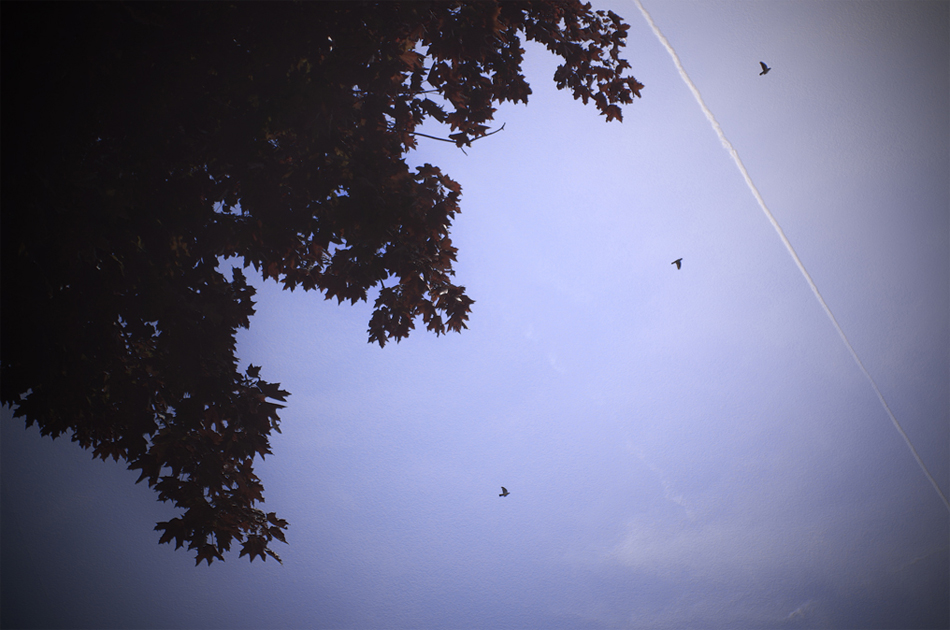The Power of Music
Music is a hidden treasure. It is the great poem of time unfurled. The physical symptom of love conquering the heart. The conviction of expression beyond words, even when accompanied by them. Science has attempted to conquer its magic and majesty, and yet, we can produce no formula or equation for what may move the human heart.
On 13 August 1912, `Abdu’l-Bahá elucidated the power of music and its spiritual influence. He explained that music often has a physical and spiritual effect on those who hear it. It can impart joy and comfort to an audience and even lift them up to a spiritual realm. He drew from the works of great poets and musicians who were compelled by their sensitivities to dance like leaves in the wind around beautiful sounds and words.
Although Western culture has leaned toward reductionist explanations of what music is, there is a movement in the West that explores the philosophies developed and expounded in the East. This may be because many Eastern philosophers, musicians and poets freely wandered in mystical thought and were unafraid of that which could not be reasoned or rationalized. The proverbial human heart points to the existence of a soul, an essence that moves beyond the physical and defies definition or explanation.
This may be why music exists: to dig to our core and remind us of the reason for our existence. Because this reason may not be articulated with modern language and neatly encapsulated in a phrase, we must evolve to grow closer to it — to a heavenly realization of our Divine purpose. Music has so many components and functions, yet we have the ability to see it as one unified, pleasing and attractive concept. The human brain is incredibly sophisticated and capable of focusing on minute parts of the audio spectrum. We often unknowingly filter out all sorts of sounds as noise, to be discarded and ignored as a nuisance. Just as our bodies have evolved, our minds too are so much more open to new music in the world than ever before.
As you read this, veils of ignorance are being torn away and disgust is being transmuted into joyful pleasure as people learn to love more music than ever before. The great composers we now find so banal were thought to be radical experimentalists in their era. People thought Beethoven and Mozart very dissonant. The tremendous social change enacted in the world in recent history has accelerated our understanding of music. Just as we benefit from diverse populations that promote a healthy cultural ecology, so do the new musics in our ears bring revolutionary thoughts to our minds. The love for certain sounds is not totally automatic, it is a love that must be cultivated through education and experience. Many in the world have enjoyed this privilege in elite groups, but now new technology promises to make our musical cultures more democratic. This leaves many of us with almost no excuse for ignorance. The barriers to new musical experiences are often emotional and psychological, our identities often seem welded to our egos and so it takes a brave soul to pull us out of our rut and reveal a new musical world that we may grow to adore over time.



So wonderful and thought provoking. Thank you. With a smile on my face, I witnessed the power of music on my 6 month old granddaughter as her little body suddenly started moving to the beat of the music. No one taught her this, music does touch and moves you . 🙂